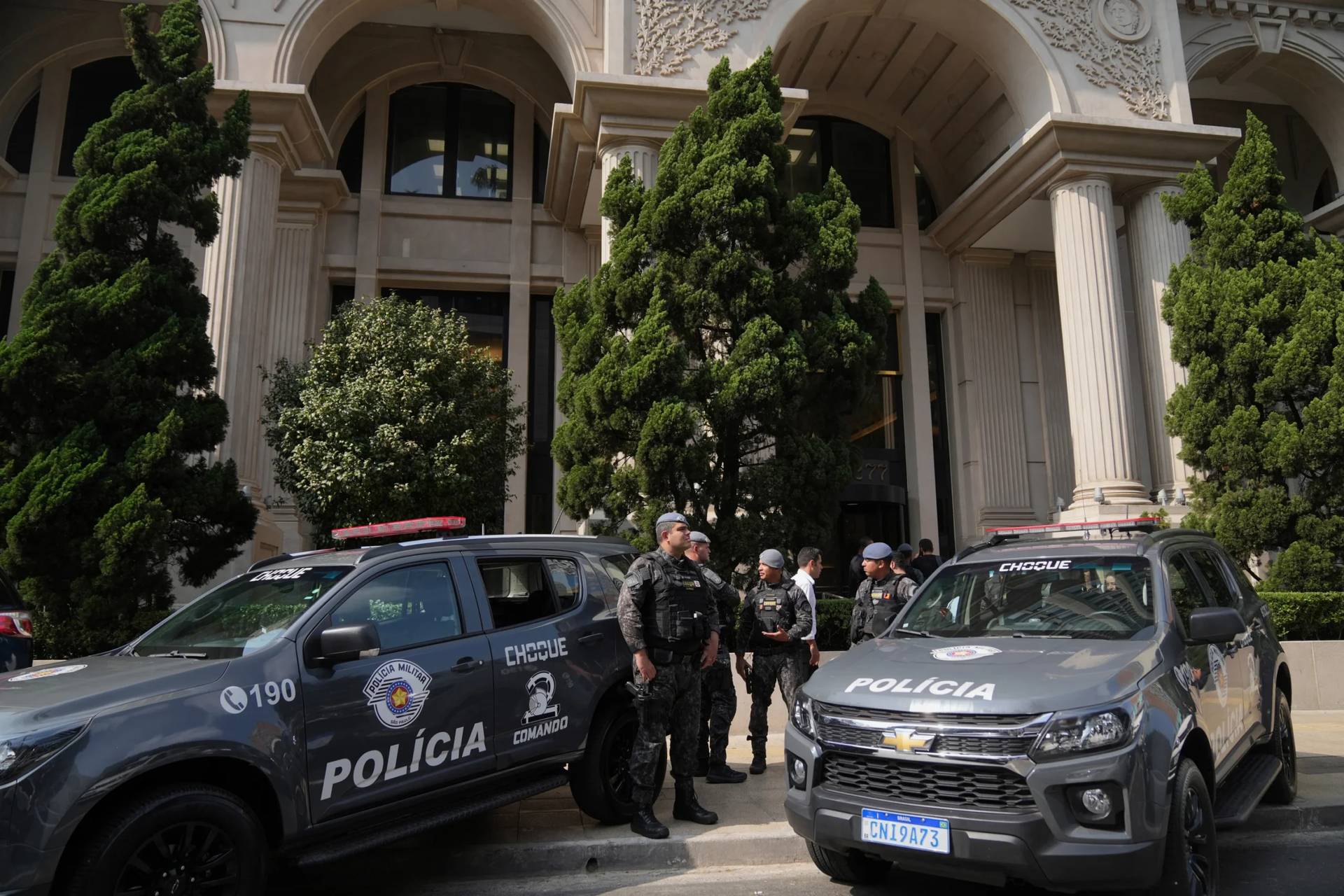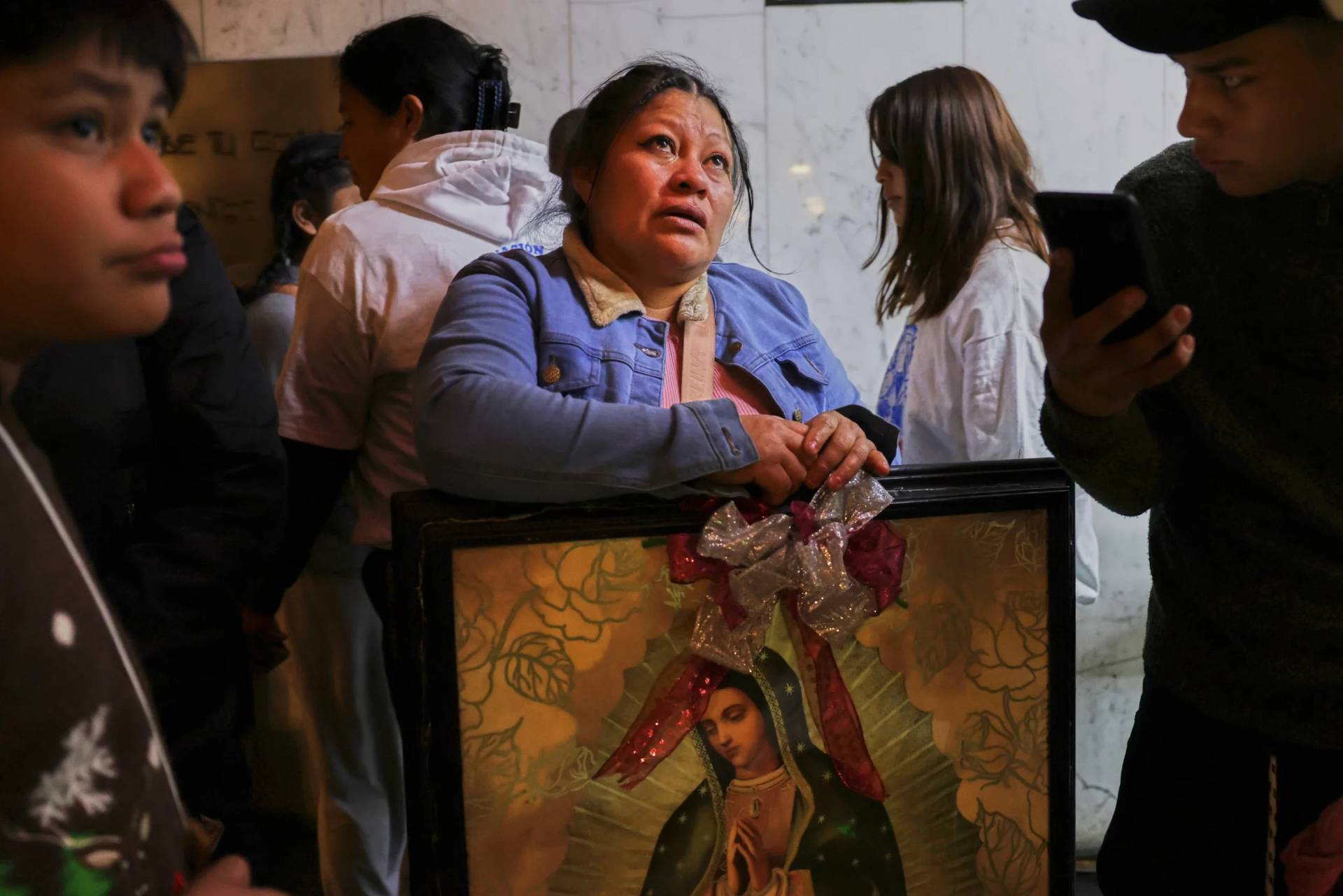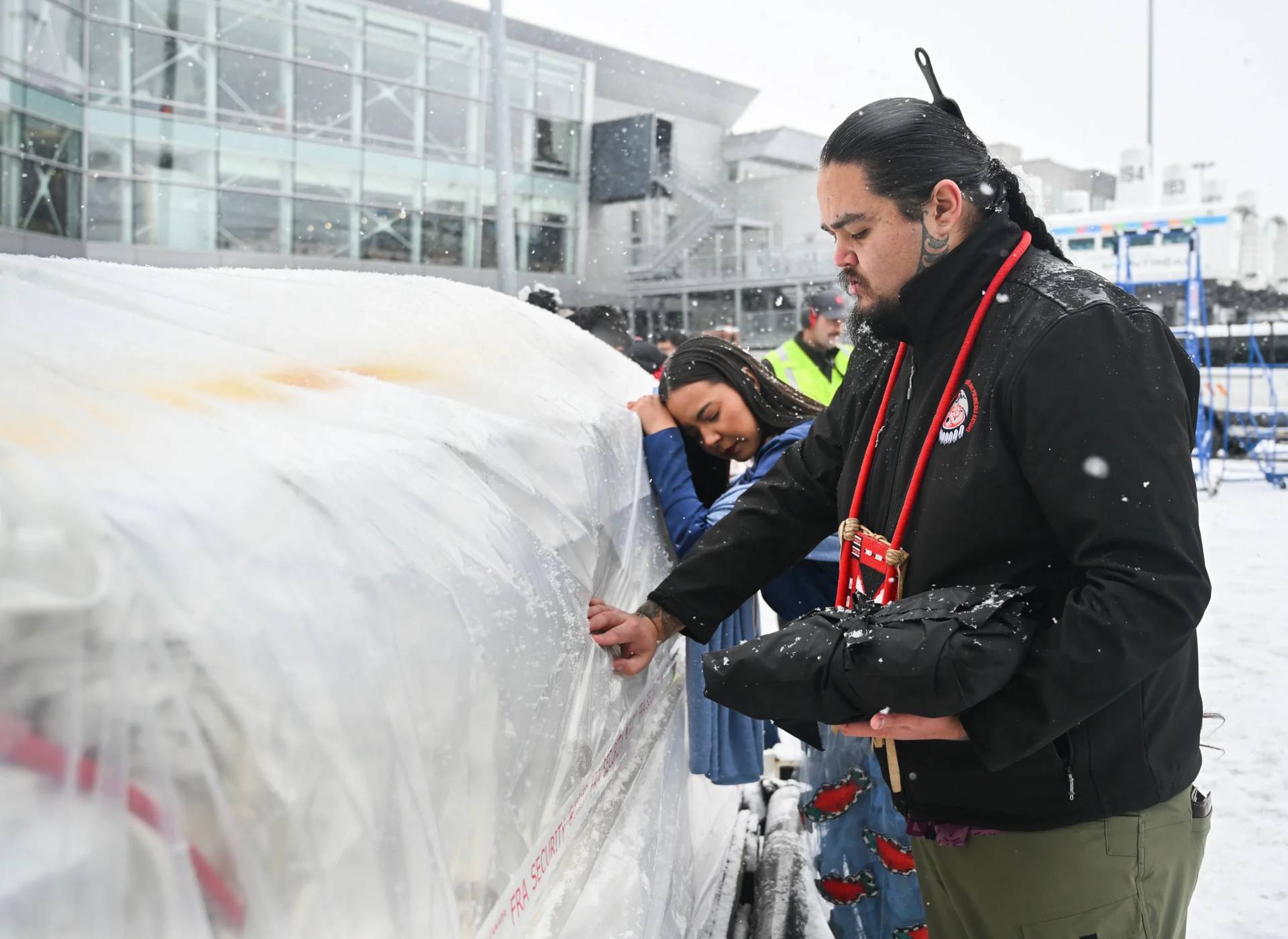ROME — As the home country of Pope Francis, Argentina is of obvious relevance to the global Church, especially the ins and outs of its local Catholic scene. Three things developing right now worth keeping an eye on: The clerical sexual abuse crisis; a fight between church and state over the remains of a Gaucho saint; and buzz over a papal visit.
The clerical sexual abuse crisis
On Sunday, La Nación, Argentina’s biggest daily newspaper, ran a series of articles revealing the closest thing to a comprehensive investigation into the extent of the clerical sexual abuse crisis locally.
There are some 5,600 priests in Argentina, and according to the newspaper, in the past 20 years there have been 63 credible allegations of sexual abuse. In 17 of those cases there’s a criminal conviction, and in 22 there’s an ongoing trial. The rest of the cases never made it to court.
Bishop Sergio Buenanueva, of San Francisco, Cordoba, serves as coordinator of the Pastoral Council for the Protection of Minors and Vulnerable Adults of Argentina’s bishops’ conference. Speaking with La Nación, he said that they don’t have a registry of cases yet, but that he could confirm that “there are certainly no fewer” than those compiled by the paper.
He also said that the clerical sexual abuse crisis is one of the “gravest” the institution has faced in modern times.
“Today, most of our work is on prevention,” he said. Despite believing that it’s necessary, he said the Church in Argentina doesn’t yet have a registry of abusive clergy. They’re working on one, he said, as it’s one of the goals of the commission he coordinates.
According to Buenanueva, the crisis raises two main issues: On the one hand, the abuses themselves “are the most terrible thing.” Beyond that lies a “sick system within the Church that covered up or that didn’t favor the abuses coming to light and ended up favoring the criminal.”
“How can it be that we lost sight that the good we had to defend wasn’t the good image of the Church, but the well being of a person that Christ has placed at the center of our mission?” he said.
Attention to clerical abuse in Argentina has increased in part due to the case of Bishop Gustavo Zanchetta, who was appointed by Francis to the northern diocese of Oran and later brought to Rome and given a Vatican position by the pontiff.
Will he or won’t he?
Since the beginning of his pontificate, the looming question for many Argentinians is when Francis will come back home. If nothing else, the pope has a family reason to go back: his only living sister, Maria Elena, is too sick to fly, and the last time the two saw one another was in 2013.
For the past six years Francis has avoided going to Argentina, choosing to go to virtually every other country in the region.
RELATED: Why isn’t Francis going to Argentina? Maybe he has bigger fish to fry
When the Argentine bishops made their traditional pilgrimage to Rome for the ad limina visit in May, all three groups asked Francis about this, and all told reporters that the pope was planning a visit. A big question mark, however, remained: “When?”
In recent days, local bishops have spoken about it in a scattered way, with one going so far as to say that the date was already set for April of next year, when the Catholic Church will mark the 500th anniversary of the first Mass on Argentine soil.
The Vatican maintains a “no comment” policy on papal trips before they’re officially announced, and Bishop Joaquin Gimeno Lahoz of the diocese of Rivadavia, the man who announced the date, quickly had to backtrack, saying simply “the pope wants to come.”
Bishops who spoke with Crux confirmed that Francis revealed that there had been plans for a trip in 2017, but that for some undisclosed reason, it “fell through the cracks.”
One source said the Argentine bishops went back home with a “greater optimism” over a possible papal visit, but that there’s no indication a date has been chosen.
However, when the last of the three groups that came to Rome was speaking with those responsible at the Secretariat of State, they asked that if Francis was going to go next year, the announcement should come no later than August. 2019 is a national election year in Argentina, and seeing that the country is heavily divided, the two main presidential runners might try to take credit if the visit succeeds.
Primaries will be held in August.
The fight over a Gaucho saint
Giuseppe Gabriele del Rosario Brochero, known simply as Cura Brochero or the “Cura Gaucho,” was declared a saint by Francis in 2016. It’s only fitting that it would be history’s first pope from Argentina to recognize the first saint who was born and died in Argentina, after spending his life ministering to the poor in the Cordoba mountainous region.
Yet two years after the milestone, two towns in Cordoba are disputing which has the rights to his remains: The place where he was born, and where he died. The municipality of Villa Santa Rosa, where the saint was born, claims its intention is to fulfill the will of Brochero, which contradicts what the local bishops say.
The “territorial” dispute has heated up in recent weeks, and the metropolitan Archbishop Carlos José Ñáñez weighed in saying the move is a no go.
“The will of San Jose Gabriel to stay definitively in the Villa del Transito, today Villa Cura Brochero, is very clear,” Ñáñez said, saying that the Argentine Church is called to respect his last wishes, quoting the saint: “I’ve been able to see that I will always live in the heart of the Western region, seeing that the life of the death is in the memory of the living ones.”
Argentina’s military Bishop Santiago Olivera, former prelate of the diocese of Villa Cura Brochero, and one of the people responsible for promoting the sainthood cause, said that he’s “in complete disagreement with the proposal” to move the remains.
“The will of Brochero, without a doubt, was to stay [where he died], as a seed in the land where his ministry was,” Olivera said.
Follow Inés San Martín on Twitter: @inesanma
Crux is dedicated to smart, wired and independent reporting on the Vatican and worldwide Catholic Church. That kind of reporting doesn’t come cheap, and we need your support. You can help Crux by giving a small amount monthly, or with a onetime gift. Please remember, Crux is a for-profit organization, so contributions are not tax-deductible.















